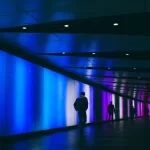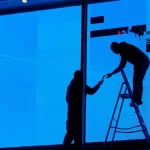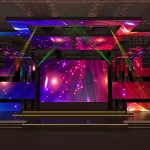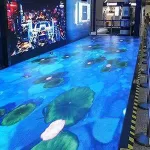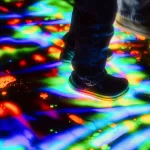Cities Get Smarter, Screens Get Brighter
Urban landscapes are transforming fast. From smart lighting to connected traffic systems, the digital revolution is reshaping city life. In this transformation, outdoor advertising LED display boards are gaining unprecedented visibility and importance. They are no longer just commercial tools but part of the city’s infrastructure. D-King explores how these displays are becoming essential to modern smart cities.
Smart Cities Drive LED Display Adoption
As cities adopt data-driven governance and AI-powered systems, digital signage becomes vital. Outdoor LED boards deliver real-time messages, emergency alerts, traffic updates, and, of course, brand advertising. Their role extends beyond commercial value into civic engagement.
Municipalities now include LED boards in smart city planning. Whether mounted on buildings or embedded in transit systems, these high-brightness displays serve multiple purposes. Their scalability and energy efficiency make them ideal for sustainable urban expansion.
The Role of Outdoor Advertising in Urban Innovation
Advertising LED display boards function as both economic drivers and cultural touchpoints. In cities like Tokyo, Dubai, and New York, large-format LED screens are tourist attractions. Their vivid visuals create immersive brand stories. They also act as social media magnets in the age of visual sharing.
Moreover, smart cities use these boards to support local economies. Digital marketplaces, community news, and event updates are integrated into advertising cycles. By blending utility and promotion, cities create a more connected, responsive environment.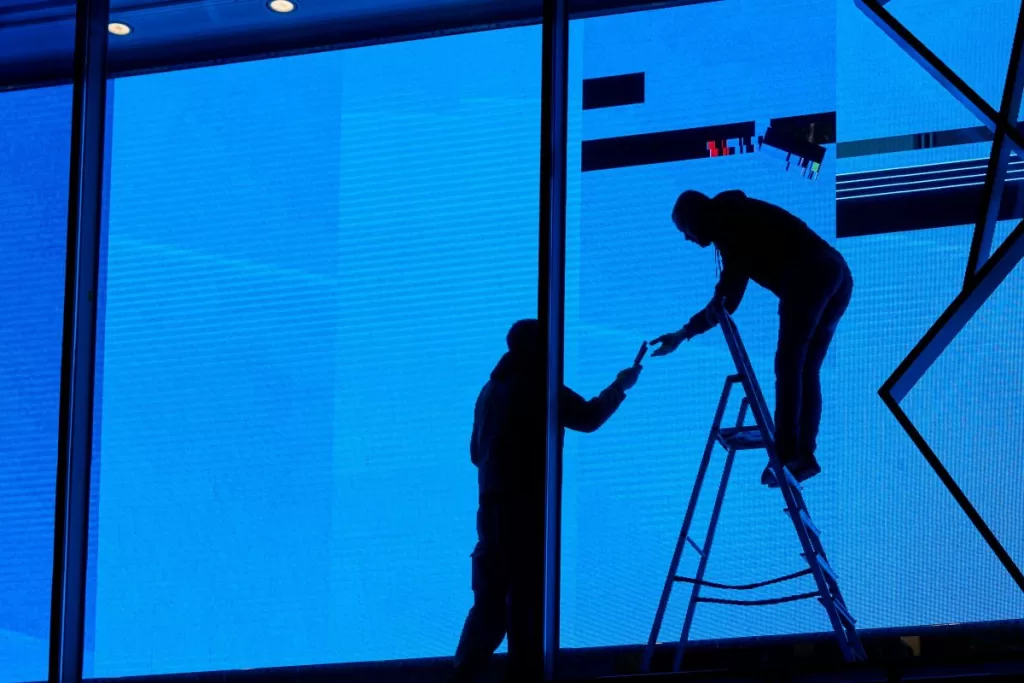
Technological Advancements Fuel Market Growth
LED display technology has evolved rapidly. High-resolution pixel pitches, dynamic contrast ratios, and adaptive brightness features ensure visibility in any environment. With IP-rated waterproofing and modular cabinet design, displays can survive harsh weather without performance loss.
Furthermore, the integration of 5G, cloud-based CMS (content management systems), and IoT sensors enables remote diagnostics and content updates. These innovations minimize operational costs and allow programmatic advertising, improving campaign efficiency.
Regional Trends and Global Market Momentum
Asia-Pacific
Asia leads the charge in adopting smart signage. Cities in China, South Korea, and Singapore heavily invest in LED-based infrastructure. Governments promote smart retail zones where LED boards enhance urban aesthetics and commerce.
North America
The US sees high demand in both public and private sectors. Smart bus shelters, interactive kiosks, and LED panels in transportation hubs dominate urban centers. Integration with smart traffic systems further boosts adoption.
Europe
Sustainability mandates in Europe drive preference for energy-efficient digital signage. Many municipalities incentivize the switch from static boards to dynamic LED systems, supporting both branding and green goals.
Middle East & Africa
LED displays dominate in tourism-heavy smart cities like Dubai. These displays support multilingual, real-time messaging in fast-paced urban environments.
Sustainability and Urban Policy Alignment
Modern LED display boards use less power and emit less heat. Smart dimming and auto-adjust brightness reduce energy during off-peak hours. Solar-powered modules further enhance eco-compliance. These features align with city-level policies on emissions, sustainability, and green construction.
Outdoor screens can also integrate air quality sensors, temperature monitors, and pedestrian counters. This integration helps city planners gather valuable data while maintaining visual engagement.
Consumer Engagement in Public Spaces
Digital signage enables targeted messaging. Thanks to geo-fencing and time-based ad scheduling, brands communicate with pedestrians in contextually relevant ways. Interactivity through QR codes, touch interfaces, and augmented reality creates deeper engagement.
The convergence of AI and display boards also allows facial analysis (with consent) to adjust content dynamically. While controversial, such personalization boosts engagement in retail zones and city squares.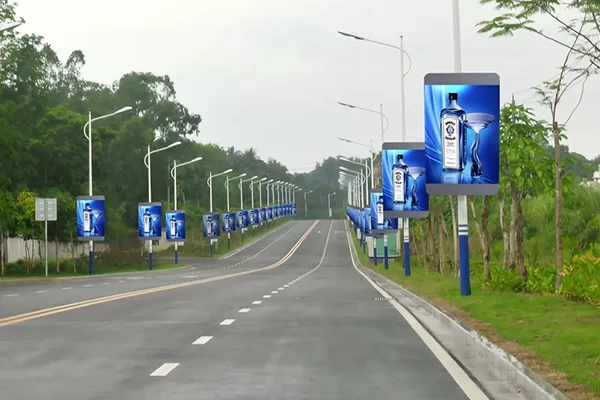
Investment Outlook: A Golden Decade Ahead
According to industry reports, the outdoor LED display market is projected to grow at a CAGR exceeding 10% through 2032. Major factors include:
Smart city expansion
Affordable LED manufacturing
Real-time advertising needs
Urban beautification initiatives
As costs decrease and functionality improves, LED boards will become ubiquitous across urban landscapes. Companies like Dキング are poised to lead this evolution by offering customizable, modular solutions for every scale.
Conclusion: LED Displays, the New Urban Medium
Smart cities rely on visibility, clarity, and engagement. Outdoor advertising LED display boards fulfill all three. As more cities prioritize innovation and connectivity, these displays become core communication tools.
Dキング remains committed to delivering high-quality, weatherproof, and energy-efficient LED screen solutions that align with global smart city strategies. With technology and creativity, we illuminate the cities of tomorrow.

